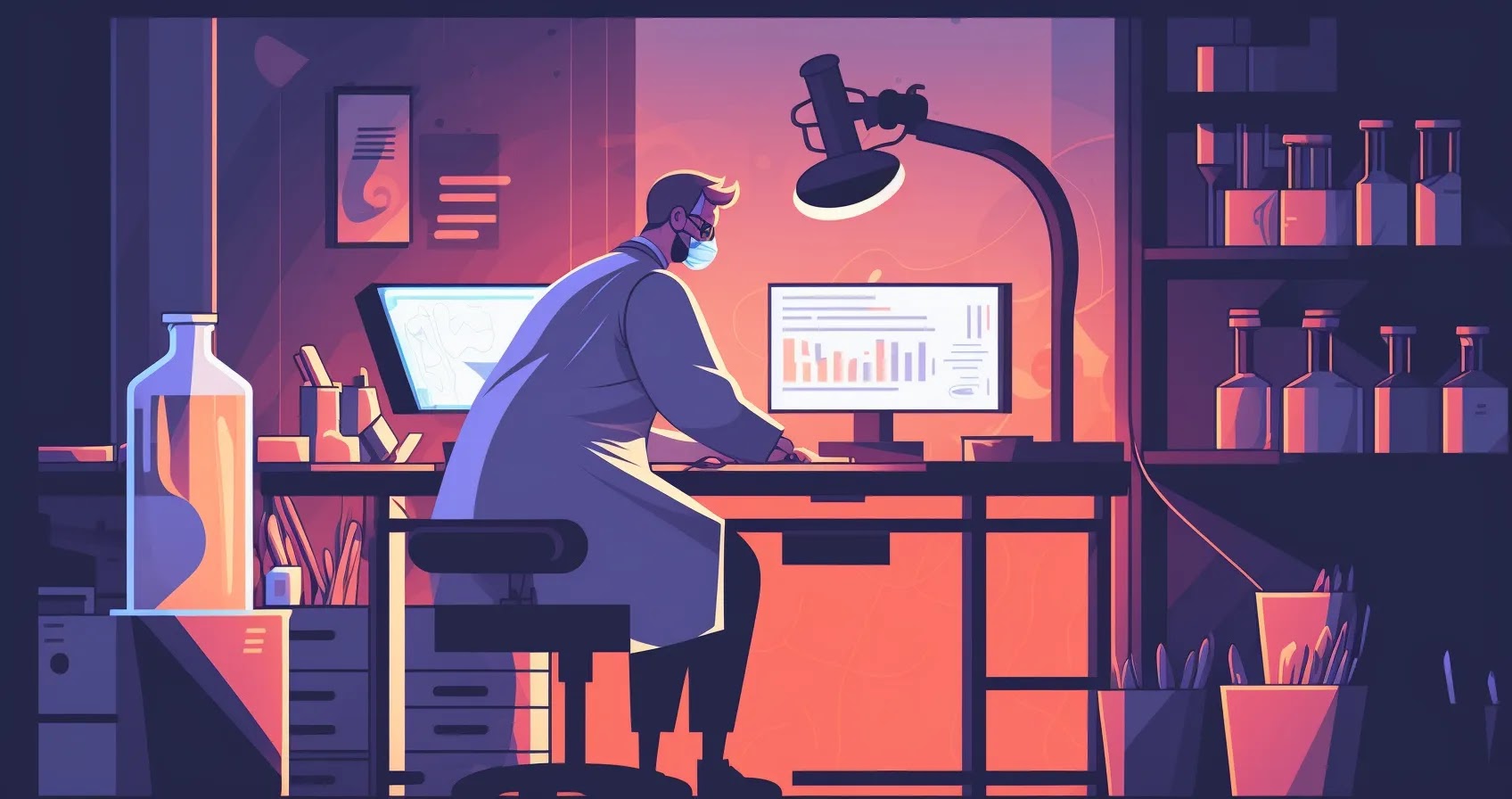Are you interested in science and laboratory work? Do you have a keen eye for detail and the ability to analyze data? If so, becoming a Lab Analyst could be the perfect career choice for you.

Quick Navigation:
Reasons to Become a Lab Analyst
Lab Analysts play a crucial role in the scientific community by conducting tests and experiments to analyze various substances and materials. They work in a variety of industries, including healthcare, pharmaceuticals, food and beverage, and environmental testing.
As a Lab Analyst, you’ll have the opportunity to make a real difference by ensuring the safety and quality of products and materials. Additionally, this field offers excellent job security and opportunities for career advancement.
How to Become a Lab Analyst
To become a Lab Analyst, you’ll need at least a bachelor’s degree in a related field such as chemistry, biology, or environmental science. Some employers may prefer candidates with a master’s degree, especially for more advanced positions.
In addition to education, Lab Analysts must have strong analytical skills, attention to detail, and the ability to work independently. Many Lab Analysts also receive on-the-job training to learn specific techniques and procedures.
Career Path of a Lab Analyst
As a Lab Analyst, you’ll typically start in an entry-level position and work your way up to more advanced roles. Some possible career paths include becoming a Senior Lab Analyst, Lab Supervisor, or Lab Manager. With additional education and experience, you may also be able to move into roles such as Research Scientist or Quality Control Manager.
Career Development
To advance your career as a Lab Analyst, consider obtaining additional certifications or specialized training in your area of expertise. This can help you stand out to potential employers and qualify for more advanced roles.
Also, networking with other professionals in your industry and staying up-to-date on the latest research and technology can help you stay ahead in your career.
Requirements of a Lab Analyst
In addition to a bachelor’s or master’s degree in a related field, Lab Analysts must have strong analytical skills, attention to detail, and the ability to work independently. Some positions may also require specific certifications or licenses, depending on the industry and type of testing being performed.
Interview Preparation for a Lab Analyst
During the interview process, be prepared to discuss your education, experience, and specific skills related to laboratory work. Employers may also ask about your ability to work in a team, handle multiple tasks at once, and troubleshoot issues as they arise. It’s important to highlight your attention to detail and analytical abilities, as these are crucial skills for a Lab Analyst.
Work-Life Balance
While Lab Analysts may work in a laboratory setting, many positions offer a standard 40-hour workweek with weekends and holidays off. However, some positions may require working evening or weekend shifts, especially in industries such as healthcare or environmental testing.
It’s important to find a work-life balance that works for you, whether that means pursuing hobbies outside of work or taking time off to recharge.
A Day in the Life of a Lab Analyst
Here’s a look at a typical day in the life of a Lab Analyst:
| Time | Task |
|---|---|
| 8:00 am | Arrive at lab and review schedule for the day |
| 8:30 am | Prepare samples for testing |
| 10:00 am | Conduct tests and record data |
| 12:00 pm | Lunch break |
| 1:00 pm | Review test results and prepare reports |
| 3:00 pm | Participate in staff meeting to discuss ongoing projects |
| 4:30 pm | Clean and maintain laboratory equipment |
| 5:00 pm | End of the workday |
Wrapping Up
Becoming a Lab Analyst can be a rewarding and fulfilling career choice for those interested in science and laboratory work. With a strong educational background, attention to detail, and the ability to work independently, you can succeed in this field and make a real difference in the scientific community.






